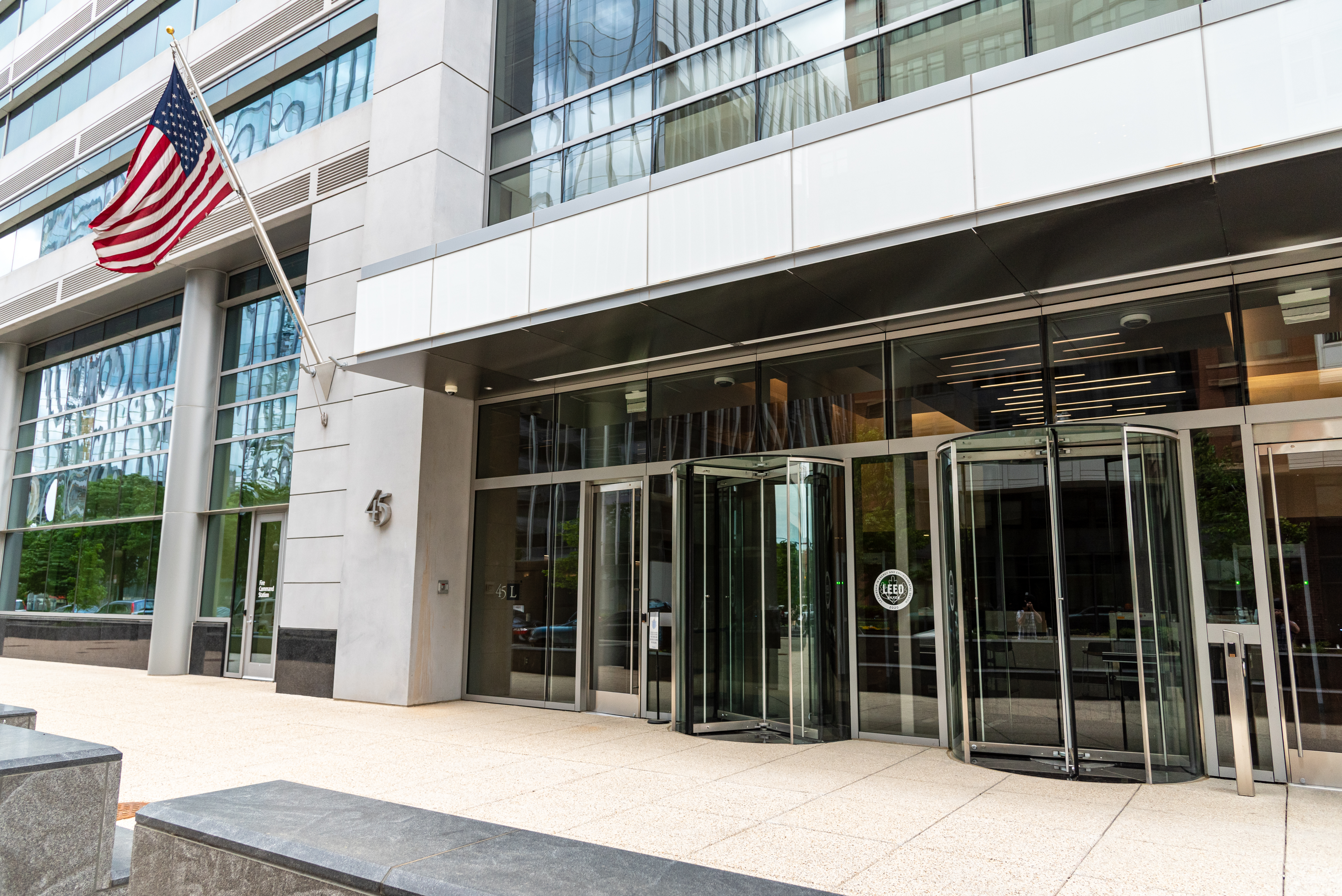NAB, MSTV Comment on DTV Consumer Education
NAB and the Association for Maximum Service Television (MSTV) filed joint comments outlining broadcasters efforts’ to educate consumers about the DTV transition.
The Joint Comments explained that in addition to current DTV education efforts, the organizations will be rolling out the DTV Education Campaign, establishing a DTV road show, and setting up a Speakers’ Bureau.
“No avenue to reach consumers will be left unexplored as we reach out to all demographics, all geographical areas, urban and rural communities, the young and the old,” NAB and MSTV wrote. Broadcasters will also be running on-air public service announcements about the transition.
The comments urged the FCC to be flexible in regulating any DTV transition announcements. For example, some messages will have to be timed to match when the NTIA converter box coupons become available.
“Specifically mandated PSAs and scrolling crawls could be subject to challenge under the First Amendment, because it would compel broadcasters to deliver a government-mandated message,” NAB and MSTCV wrote. “It is well settled that ‘[j]ust as the First Amendment may prevent the government from prohibiting speech, the Amendment may prevent the government from compelling individuals to express certain views.’”
NAB and MSTV, responding to the FCC Notice of Proposed Rule Making on DTV education initiatives, said, “Any compulsion of speech as proposed in the NPRM would also be required to satisfy the constitutional requirement that it serve a very substantial governmental interest in a narrowly tailored way. It may be convenient for the government to use broadcasters to disseminate state-sponsored messages. But the government cannot conscript private broadcasters to deliver its messages simply because it would be more administratively convenient to do so. This is not a situation in which the government must quickly alert viewers of a natural disaster in order to protect public safety.”
NAB and MSTV also argued against requirements to report DTV transition education efforts. “To the extent that the Commission has proposed reporting requirements on broadcast licensees, with penalties for noncompliance, NAB and MSTV again urge the Commission to refrain from implementing regulatory regimes that may be onerous and may not actually garner the information that will truly asses the effectiveness of the industry’s DTV consumer education initiative,” they said. “The goal is to establish a process for measuring the success of the industries’ efforts.”
For additional information on these broadcast groups’ position on DTV transition education and more details on current and proposed education efforts, see the Joint Comments.
Get the TV Tech Newsletter
The professional video industry's #1 source for news, trends and product and tech information. Sign up below.

Doug Lung is one of America's foremost authorities on broadcast RF technology. As vice president of Broadcast Technology for NBCUniversal Local, H. Douglas Lung leads NBC and Telemundo-owned stations’ RF and transmission affairs, including microwave, radars, satellite uplinks, and FCC technical filings. Beginning his career in 1976 at KSCI in Los Angeles, Lung has nearly 50 years of experience in broadcast television engineering. Beginning in 1985, he led the engineering department for what was to become the Telemundo network and station group, assisting in the design, construction and installation of the company’s broadcast and cable facilities. Other projects include work on the launch of Hawaii’s first UHF TV station, the rollout and testing of the ATSC mobile-handheld standard, and software development related to the incentive auction TV spectrum repack. A longtime columnist for TV Technology, Doug is also a regular contributor to IEEE Broadcast Technology. He is the recipient of the 2023 NAB Television Engineering Award. He also received a Tech Leadership Award from TV Tech publisher Future plc in 2021 and is a member of the IEEE Broadcast Technology Society and the Society of Broadcast Engineers.
